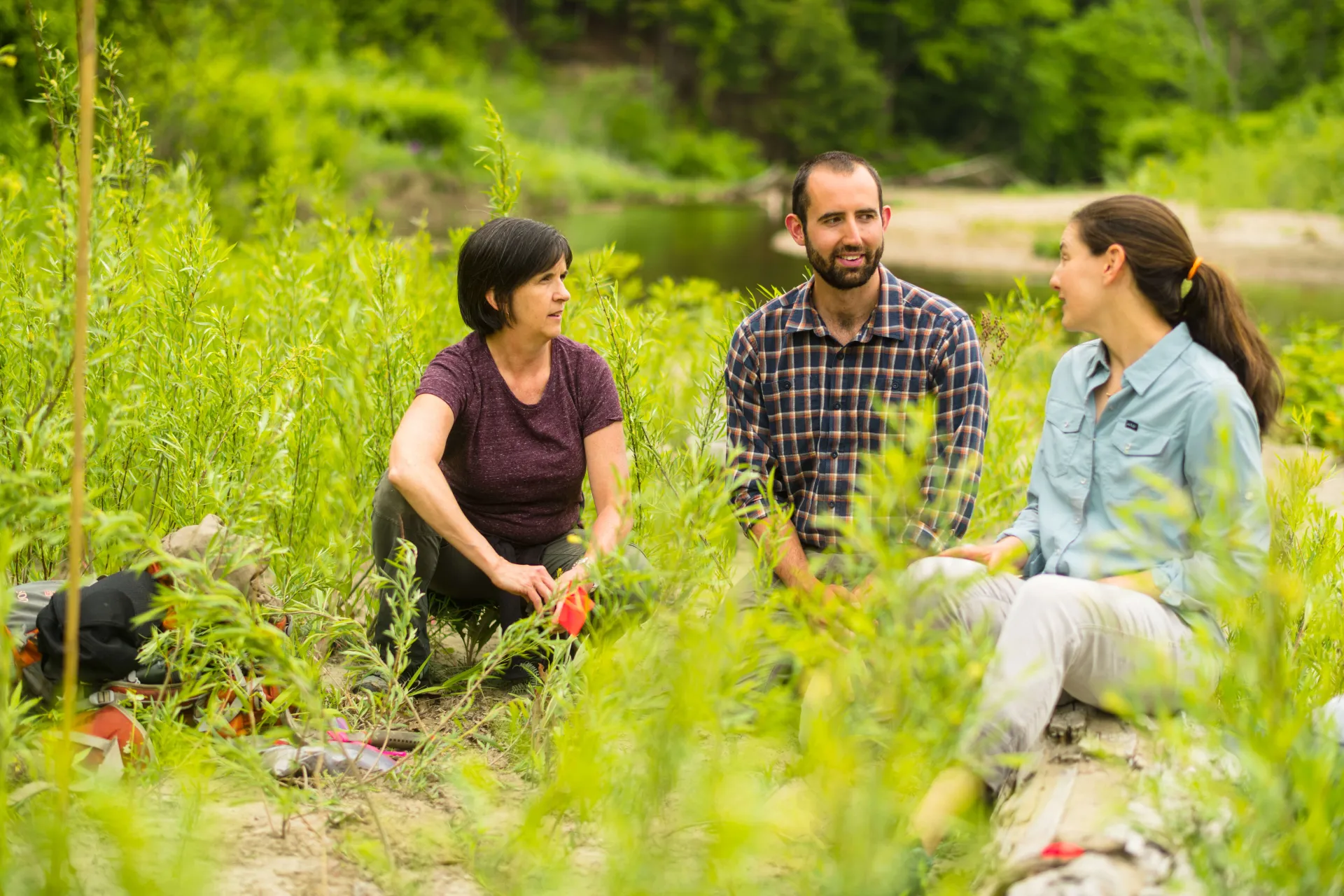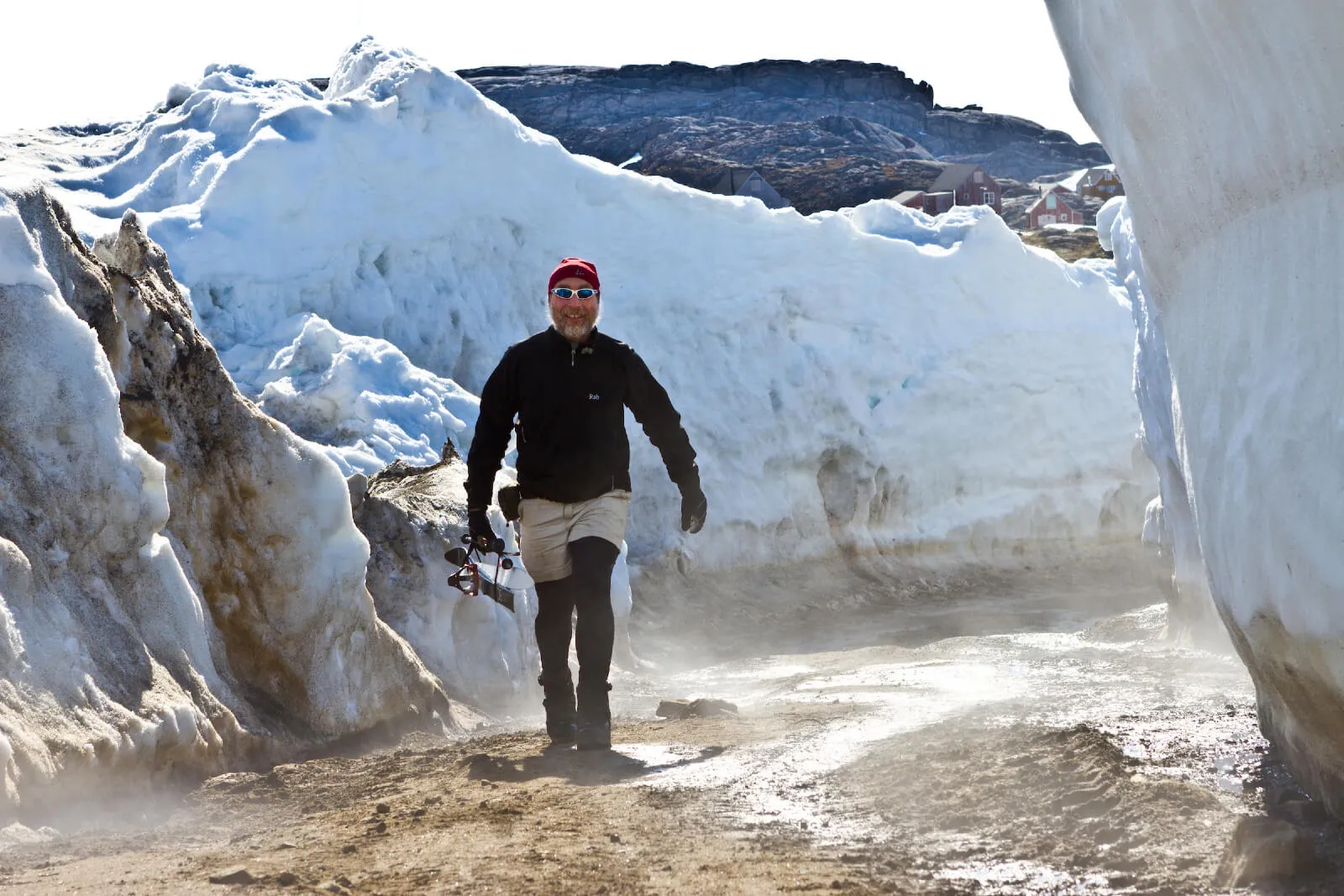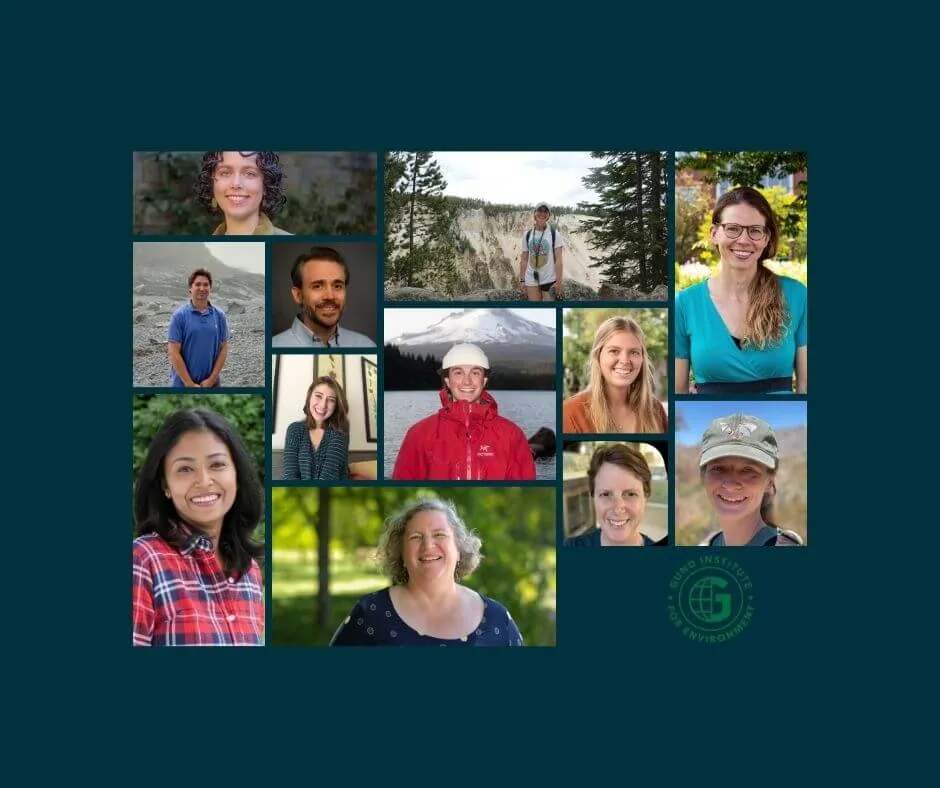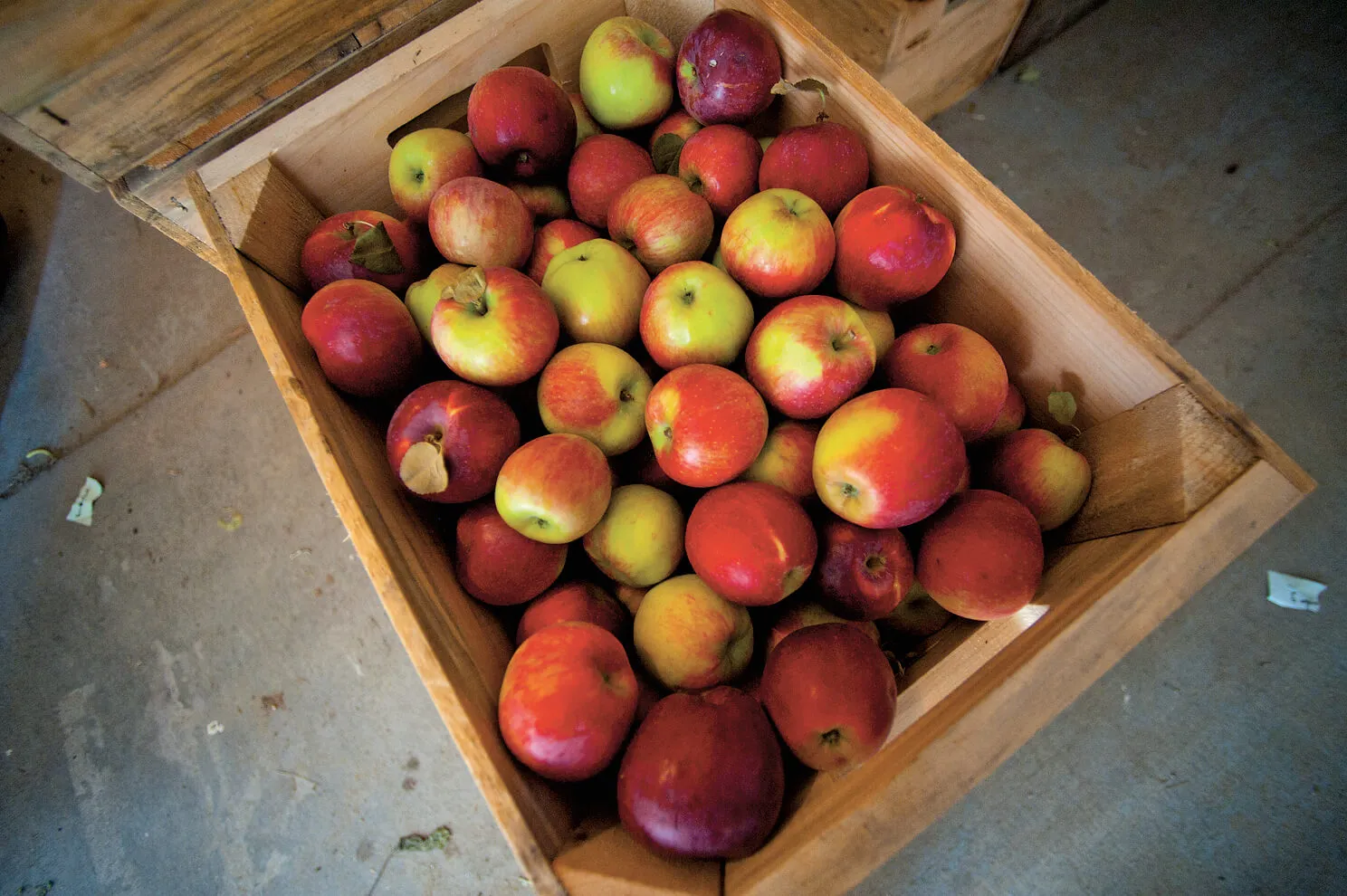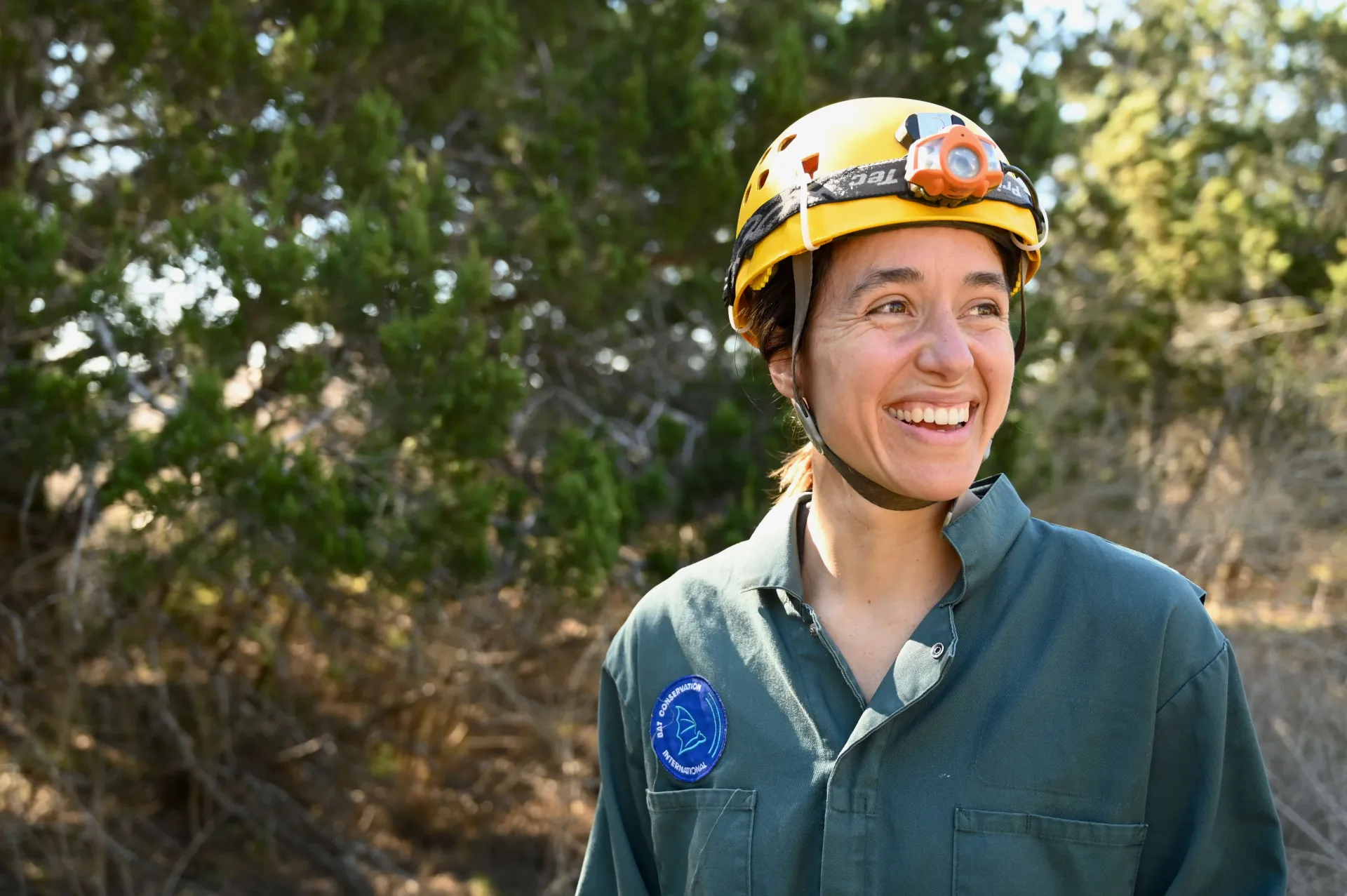Discover this year’s top stories from the Gund Institute for Environment, featuring groundbreaking research, real-world impact, and bold collaborations tackling today’s biggest environmental challenges.
Gund News

Q&A: Environmental Economist Phoebe Spencer Shares her Experience at the World Bank
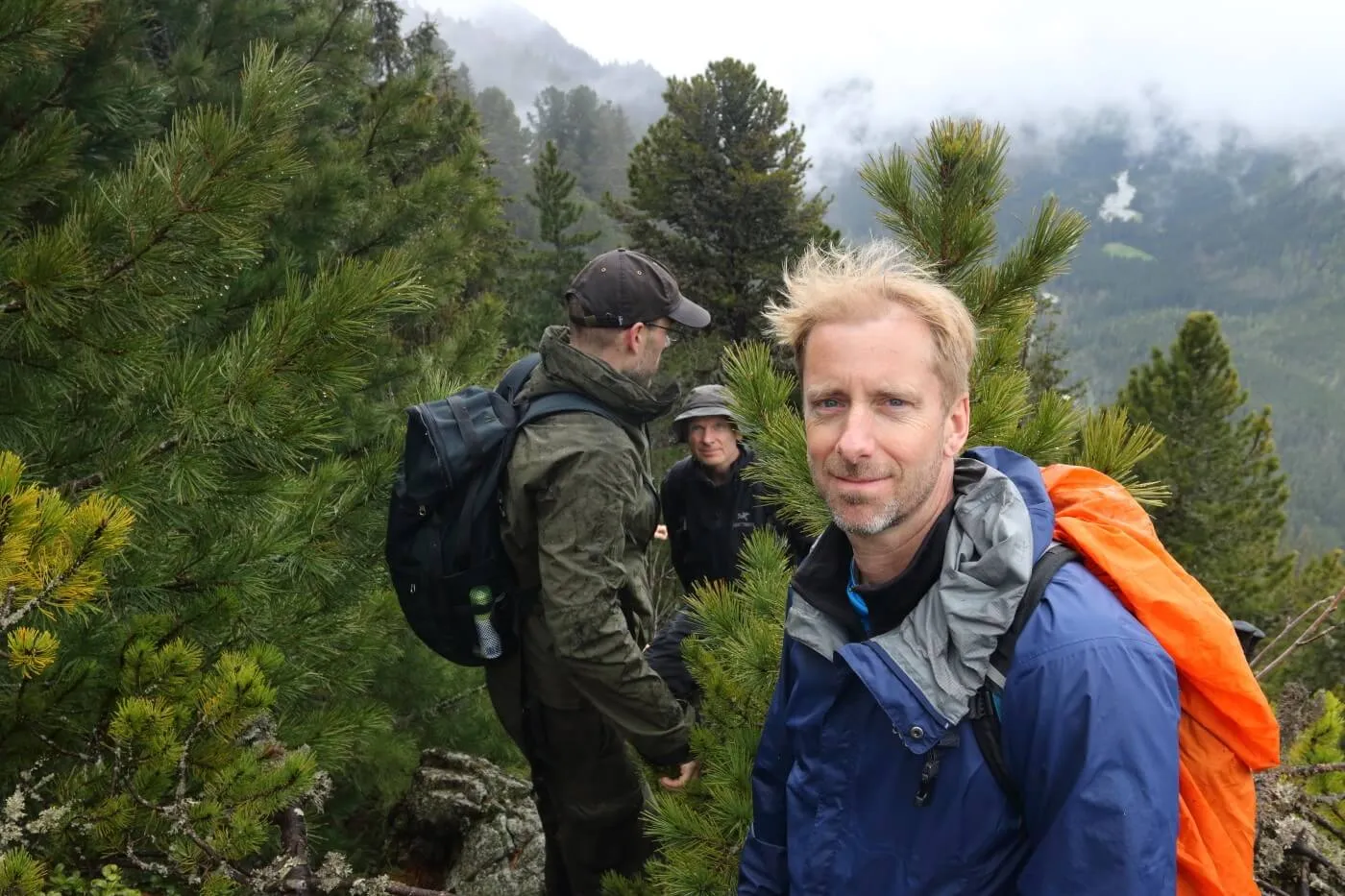
UVM Scientist Guides Landmark Climate Assessment in Europe
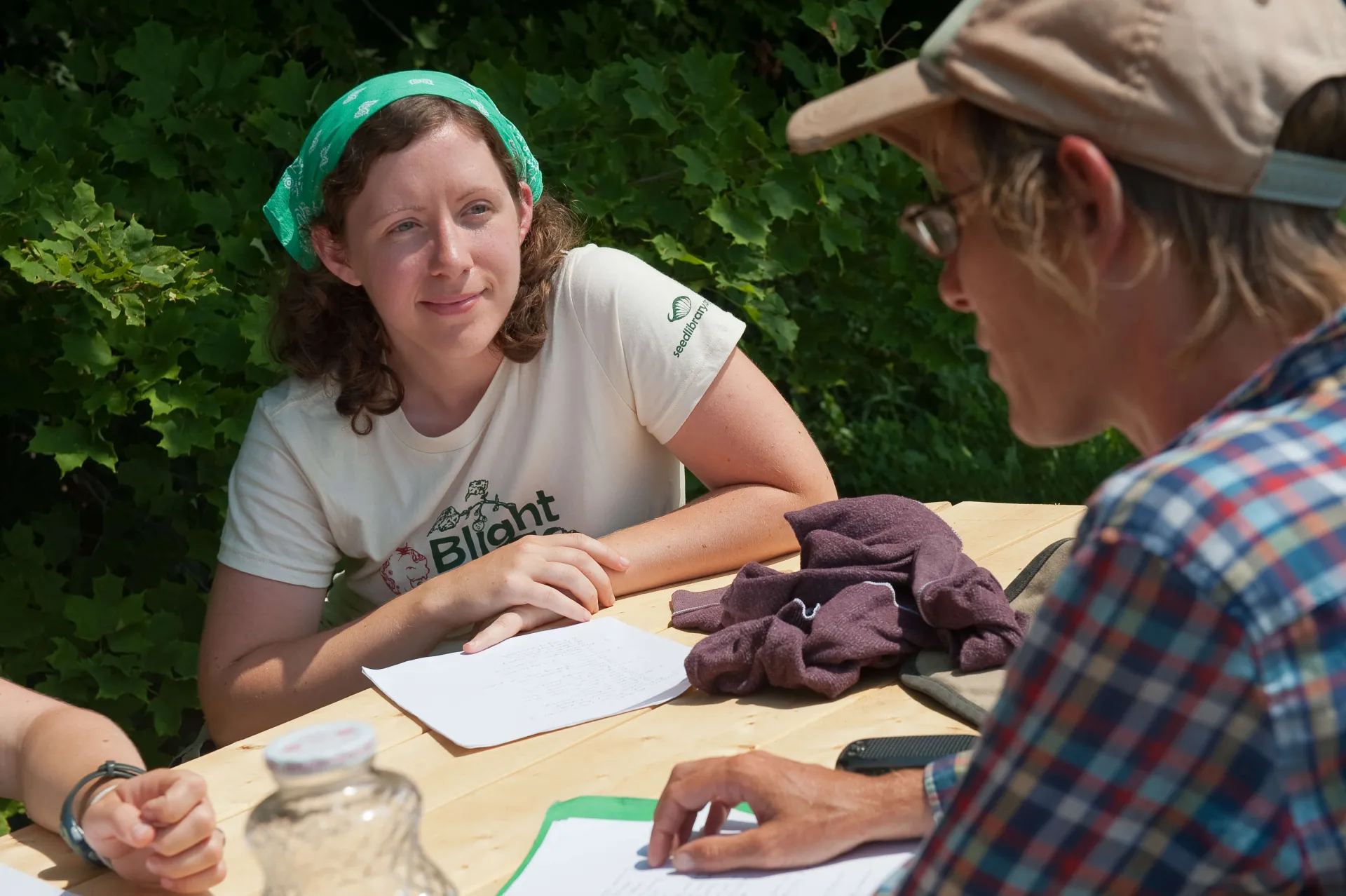
Farm Advisors Trust Their Gut Over Algorithms, for Now
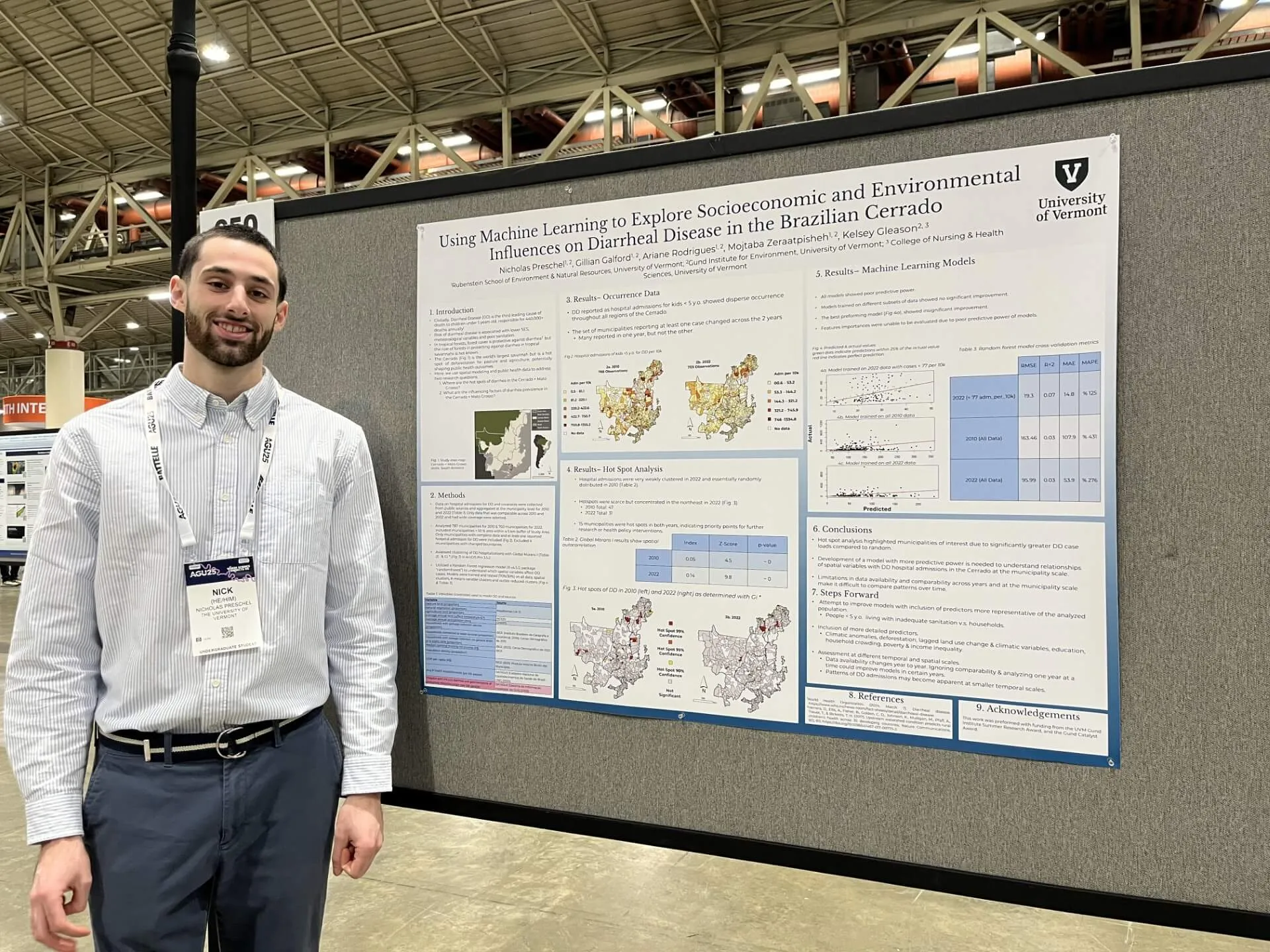
From Classroom to Conference: UVM Junior Presents at National Scientific Meeting
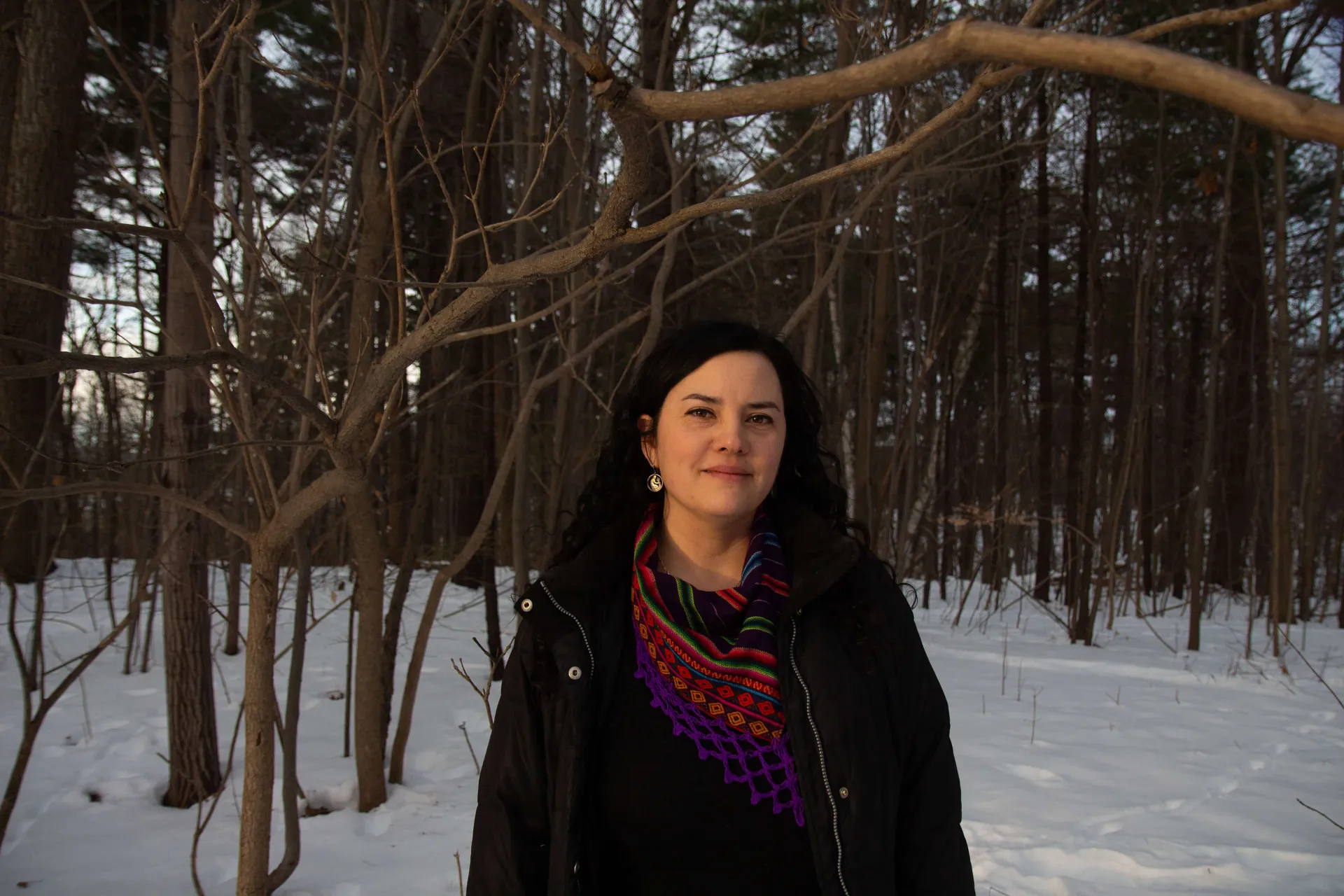
CALS Food Systems Alumna, Institute For Agroecology Postdoc Amaya Carrasco-Torrontegui On Researching Our Relationship To The Planet
Gund in the News
- Science Friday: A Lab-Grown Salmon Taste Test And More Foodie Innovations
- Shelburne News: Pollinator safari: A closer look at bees and behavior
- CBS News: Vermont drought is hitting dairy farmers hard as they turn to costly measures to care for cattle
- Inside Climate News: A Vermont Forest Tries a New Model of Growth, Diversity and Logging
- U.S. News and World Report: Want to Make America Great? Here's How
- Newsweek: Map Shows Where Wildlife is Under Threat
- Washington Post: Writing to the future is one of the most powerful climate actions you can take.
- Vermont Public: Dead trees in streams keep a surprising amount of carbon out of the atmosphere
- Time: Why Climate Change is Making Greenland More Desirable to Trump
- National Geographic: The Stunning Power of Whale Pee
- Boston Globe: Yes, New England Really Was Colder When You Were a Kid. Climate Change Makes Snowy Winters Feel Like a Treat
